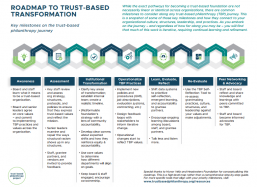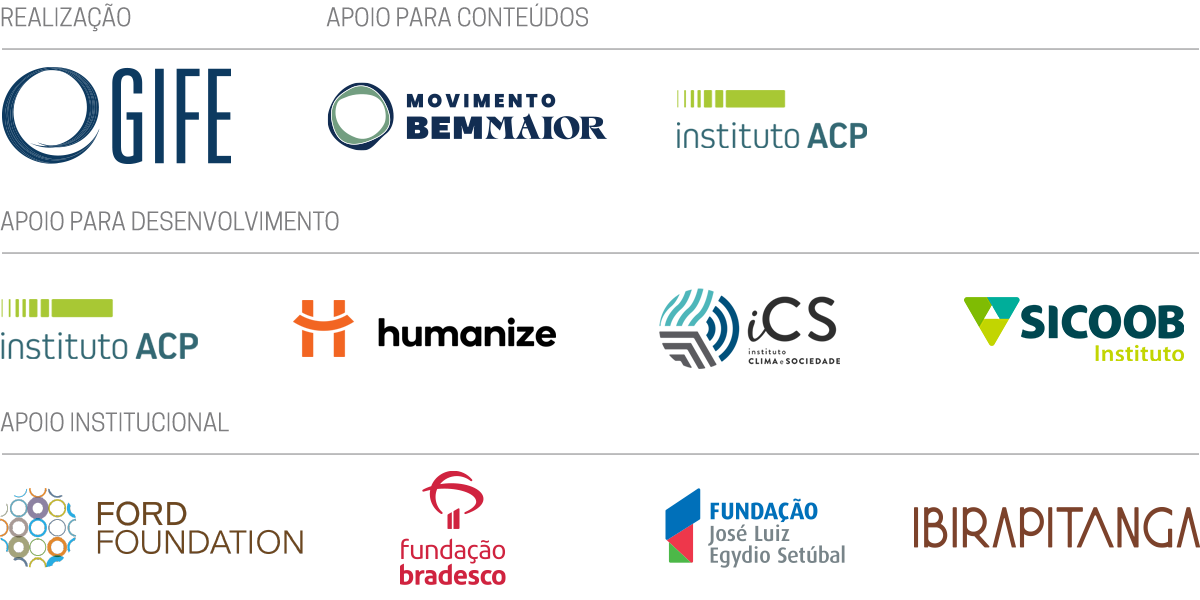Fit for the future: Can we emerge stronger from the COVID-19 crisis?
28 de abril de 2020ORGANIZAÇÕES RESPONSÁVEIS: Alliance Magazine
AUTORES/COORDENADORES/PARTICIPANTES: enjamin Bellegy, Chris Worman and Lysa John
ANO: 2020
Acesse.
In the first of a series of articles aiming to assess changes needed to ensure a stronger supporting environment for civil society, it was discussed how civil society was not ready for Covid-19. Benjamin Bellegy (WINGS), Chris Worman (TechSoup), and Lysa John (CIVICUS) delved into the investments required in civil society and its philanthropic and technical infrastructure, as well as the actions that must be taken to emerge wiser and stronger from the current crisis and to be prepared for crises to come.



